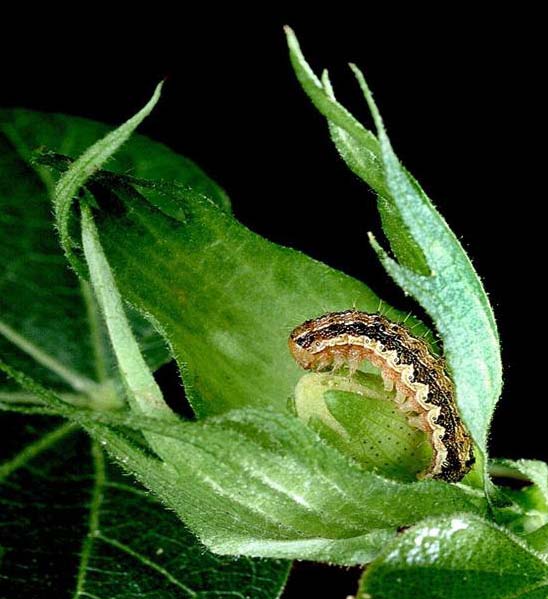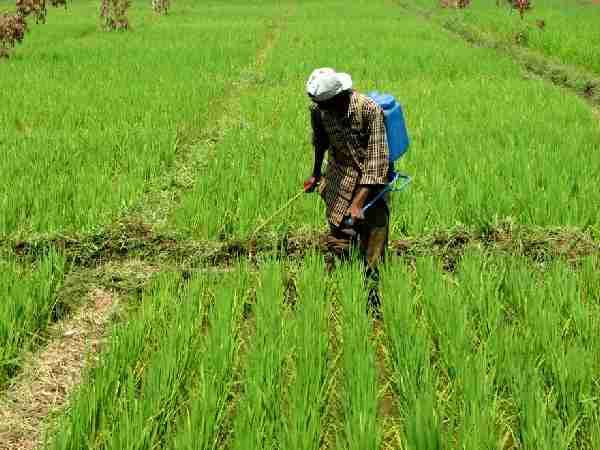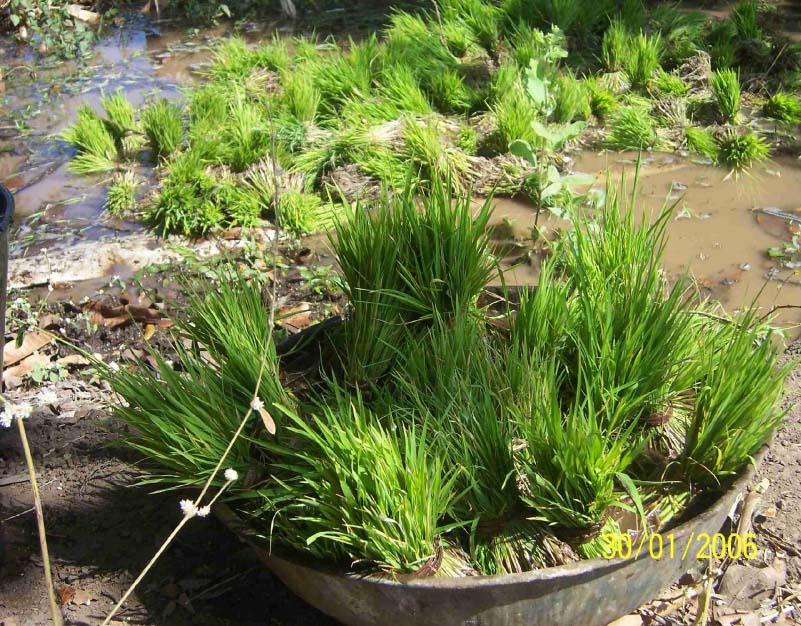Tamil Nadu Farmers Technology Association (TNFTA)
Pest and disease management in organic, natural, sustainable agriculture - Presentations from the South Asia Conference on "Outstanding Organic Agriculture Techniques", Bangalore organised by OFAI (2009)
Posted on 20 Mar, 2011 06:17 PM This set of presentations from the conference on Outstanding Organic Agriculture Techniques held during September 2009 at Bangalore deals with pest and disease management practices in organic farming, which rely primarily on preventive and integrated methods.
This set of presentations from the conference on Outstanding Organic Agriculture Techniques held during September 2009 at Bangalore deals with pest and disease management practices in organic farming, which rely primarily on preventive and integrated methods.
Crop production and plan protection in organic farming
This paper by S R Sundararaman presents organic farming as the only recourse for farmers, to save both livelihood and the health of the soil. Organic farming methods enable farmers save money and turn their farmyard waste into value-added products for increasing crop production. Farmers will not have to be dependent on agri-business companies for seeds, fertilizers and pesticides. Our self-reliance is thus preserved. A large portion of our country's foreign exchange is used to pay for the import of petroleum products. By going organic we will also help our country save on valuable foreign exchange. Our land will keep giving us returns for extended periods of time unlike farming as per the green revolution, where the land stays productive for a short time and then becomes sterile.
The uppermost question in the minds of farmers who have recently converted to organic farming or who want to turn organic is how to ensure that crop production does not reduce and how to protect the plants from disease, without the chemical fertilizers and pesticides that their fields have grown used to. This paper provides the answers and it also seeks to reassure all farmers that there is no farm which cannot turn around and produce quality crops in sufficient quantity, using organic farming methods.
Promoting plant health and a living soil in organic, natural, sustainable agriculture - Presentations from the South Asia Conference on "Outstanding Organic Agriculture Techniques", Bangalore organised by OFAI (2009)
Posted on 20 Mar, 2011 05:57 PM This set of presentations from the conference on Outstanding Organic Agriculture Techniques held during September 2009 at Bangalore deals with methods for promoting plant health through organic farming.
This set of presentations from the conference on Outstanding Organic Agriculture Techniques held during September 2009 at Bangalore deals with methods for promoting plant health through organic farming.
Healthy fields: Managing plant health
This presentation by S R Sundaraman of Tamil Nadu Farmers Technology Association, Erode on managing plant health begins with an account of the techniques that can be employed in TNRH 29 rice through organic SRI methods. The following are recommended in harvesting stage – (a) four irrigations with fruit gaudi (b) two applications of MEM (c) application of four sprays and (d) four applications of parasites. The growth promoters used are Archea solution, Concentrated Amudham Sol, Panchakavya, Butter Milk Sol, Fish/Egg Extract, Leaf Extract Solution-pest control and TFPE-MN Supplements. Apart from rice, the other crops dealt with are maize, kadali banana, turmeric, sugarcane and vegetables.
Introduction to organic, natural, sustainable agriculture - Presentations from the South Asia Conference on "Outstanding Organic Agriculture Techniques", Bangalore organised by OFAI (2009)
Posted on 20 Mar, 2011 05:44 PM This set of presentations from the conference on Outstanding Organic Agriculture Techniques held during September 2009 at Bangalore provides an introduction to organic farming, and bringing together various issues related to organic farming.
This set of presentations from the conference on Outstanding Organic Agriculture Techniques held during September 2009 at Bangalore provides an introduction to organic farming, and bringing together various issues related to organic farming.
Organic farming can feed the world
This presentation by Claude Alvares, deals with the work of India’s organic farming community and the Organic Farming Association of India (OFAI). It states that the best organic farmers look to the forest for their learning. It details out how one raises plants (or trees) without – (a) NPK (b) Dams and canal irrigation (c) Tractors (d) Pesticides, weedicides, fungicides, homicides (e) Bank credit or bank extension officers (f) Agricultural scientists or universities (g) Negative environmental effects like climate change and (h) Water pollution.